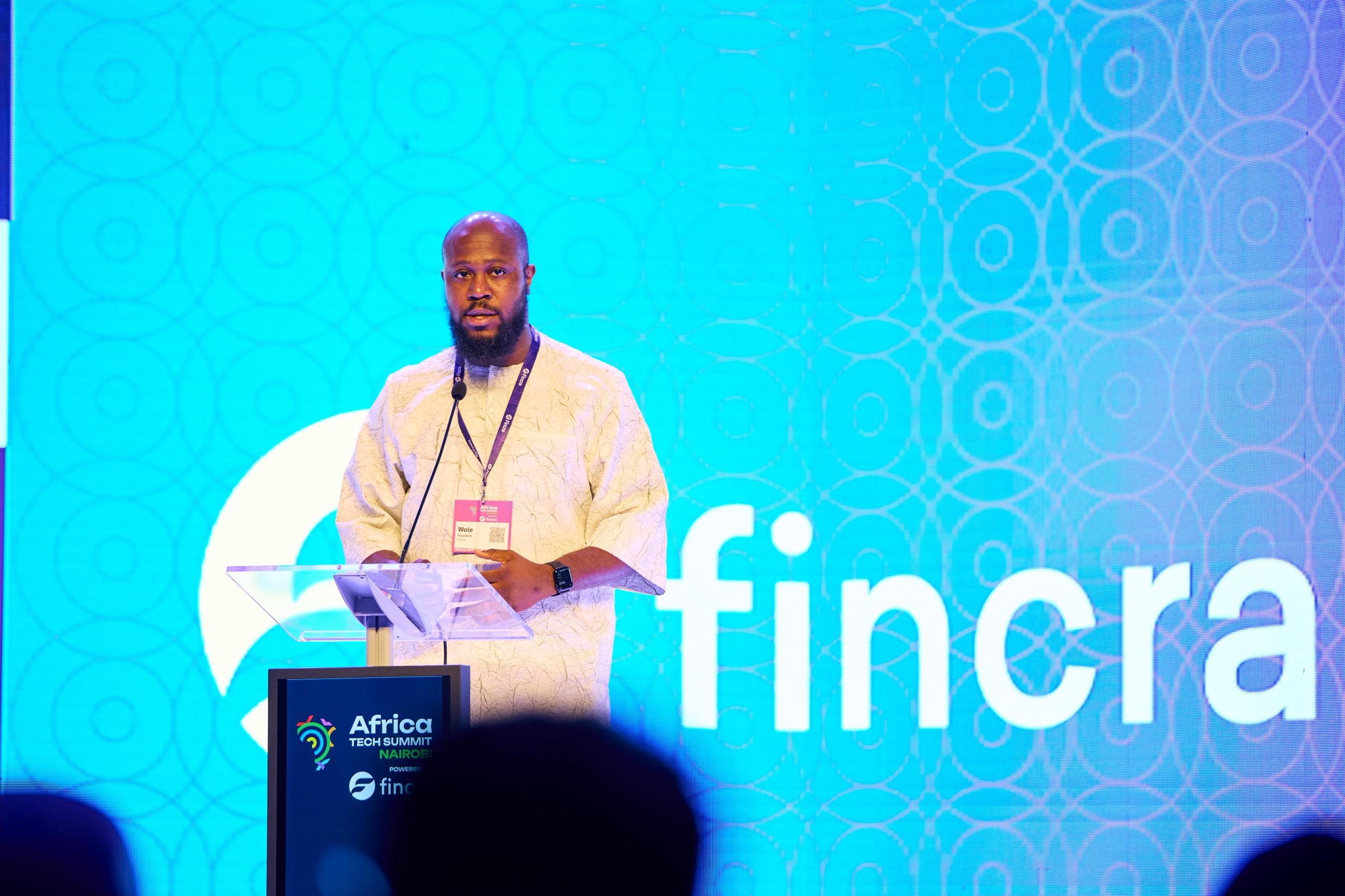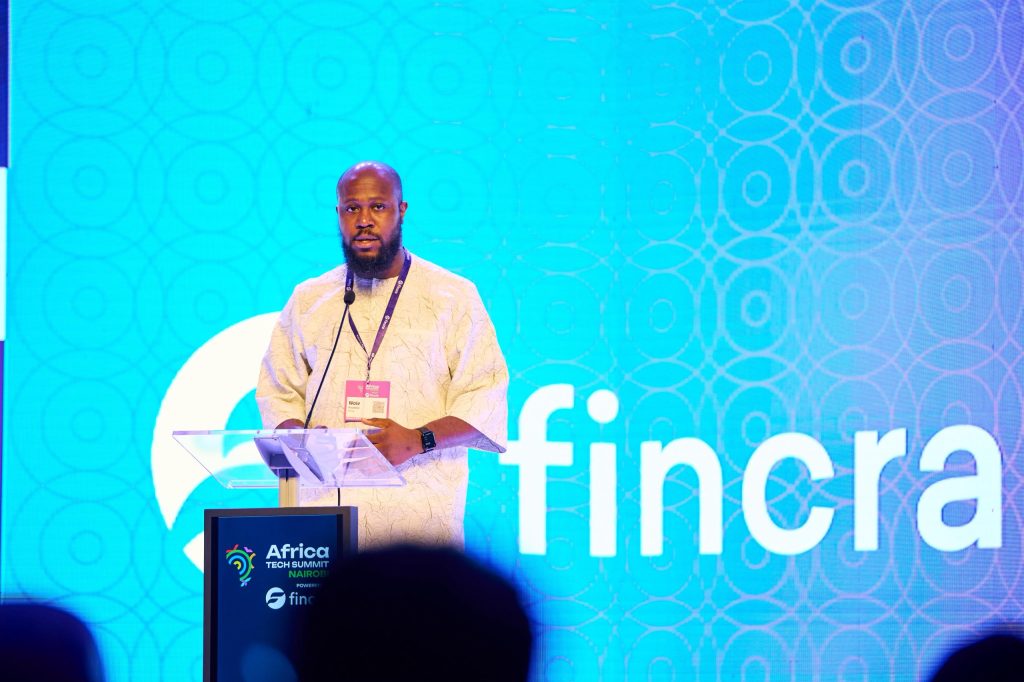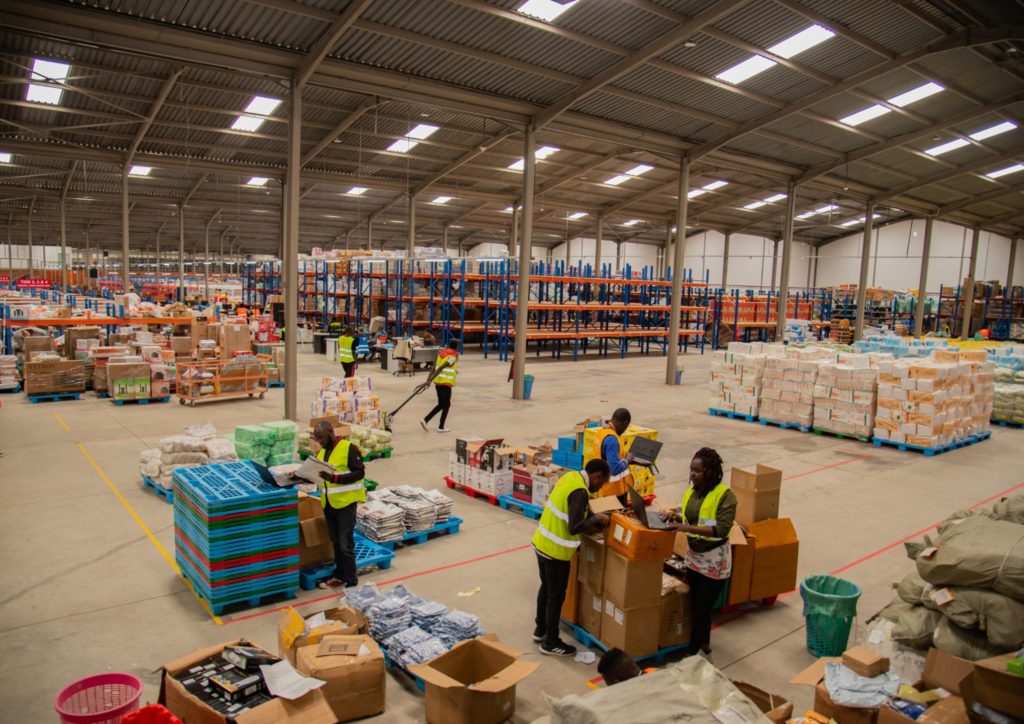the Sirens will sing his mind away on their sweet meadow lolling. There are bones of dead men rotting in a pile beside them and flayed skins shrivel around the spot. Steer wide;
In the Odyssey, Circe warns Odysseus of the danger of the sirens and tells him how to avoid it. Consider this a similar warning.
The lure of the sheer size of the population in Nigeria and Sub-Saharan Africa is leading many startups to focus on products and services for the consumer market commonly referred to as B2C. At MWWA these ‘numbers’ formed a central part of almost every presentation made. 200 million people, 150 mobile phones, 45 million mobile internet subscribers, etc. Impressive!
Most of the conversation around the water cooler was along the lines of: “if we could only get x million of that 45million…”.
These beguiling numbers act like the Sirens for African startups, many of whom fancy they’ll be the next Facebook, Twitter, Foursquare, Tumblr, Instagram…and this is surprising because in Silicon Valley, most startups are turning their gaze towards enterprise customers.
This year alone, Dropbox, WordPress, Github and a host of others have begun flying the enterprise flag. So much so that the term “enterprise” has been put up for debate as to which business model cum customer segmentation, can rightfully lay claim to the name. But semantics aside, the startups don’t care. They all want to follow the money.
Revenue models for consumer facing products (except retail) can be a difficult nut to crack. The argument these startups present when confronted with the question is usually “get the users and the money will come” — a leaf borrowed from the early days of Google, which has hardly served the likes of Facebook, Foursquare and Twitter.
The problem with startups that focus on numbers at the expense of a real revenue generating model is that you are quickly in the red. Those numbers from day one already start costing you, and before long you are spending thousands of dollars monthly on infrastructure and support. The odds are against such startups, and they quickly need huge cash injections to buy them time to revenue or eventual profitability, if that will ever happen.
Chances of getting a consumer product to hit/generate real revenue? 1 in 300. Enterprise? 1 in 3. Do the math struggling founders.
— jason (@Jason) May 16, 2013
Revenue forecast – the enterprise software market was projected to reach $288 billion by the end of 2012 and SAP targets to increase its work force in Africa to 1200 in Africa by 2015 . It’s clear there’s a real opportunity for enterprise in Africa.
If this is the case, then why do we have so few startups focused on enterprise and a multitude focused of on consumer products with no clear path to profitability?
Do the Math.
Investors are not interested in models that takes a lot of money to figure out if the business model is sound #businessmodels
— DEMO Africa (@DEMOAfrica) May 20, 2013
Francis Onwumere is co-founder and president of Prowork, a project management and collaboration solution for business.
Mermaid designed by Pietro Bonura


















